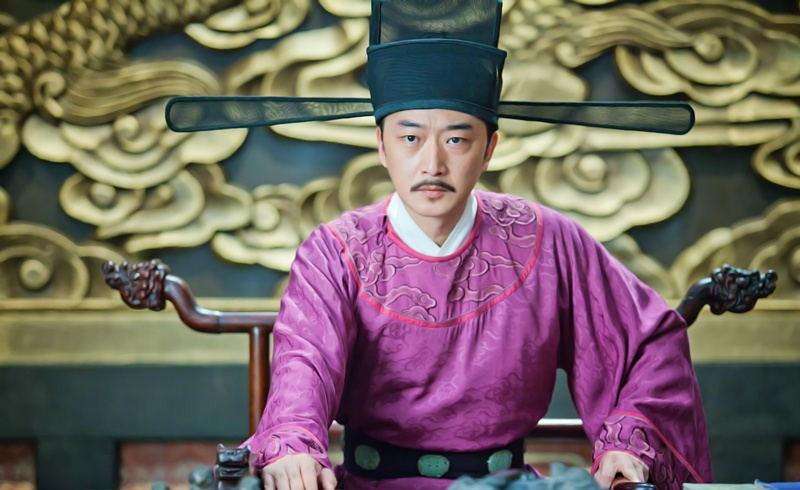China cracks down on political fiction, calling it a subculture that ‘creates negative social impacts’
China cracks down on political fiction, calling it a subculture that ‘creates negative social impacts’

China has intensified its crackdown on online content by ordering internet literature portals to take down novels featuring government officials, declaring that the genre belongs to a subculture that creates negative impacts on society.
The massive removal comes after a recent conference hosted by China’s Online Literature Institute, which is affiliated with the country’s Writers’ Association. In the meeting, which was held on October 30 with the participation of representatives from more than 40 literature websites — including the most popular ones such as Tianya Literature 天涯文学 and Qidian Literature 起点文学 — Lǐ Jìngzé 李敬泽, deputy head of the association, vowed to “curb the tide of bad fiction writing” exemplified by political novels, “satisfy the public’s growing demands for a splendid life,” and make sure that “online literature fulfills its responsibility and mission.”
Citing a 2016 speech given by Xi Jinping, where the Chinese president emphasized (in Chinese) that the creation of online arts needed “positive guidance” in the age of the internet, the association ordered online publication sites to clean up political fiction and collaborate with the government to impose further censorship on vulgar content and works that are at odds with socialist core values.
In compliance with the mandates, online literature portals carried out a 10-day period of self-censorship where they completely purged the genre from their platforms and screened other novels that aren’t explicitly about politics but contain descriptions of the Chinese government or Chinese politicians. It’s reported (in Chinese) that each website came up with its unique ways to contribute to the campaign. For example, Zhulang.com 逐浪网 is conducting regular checks on its content sitewide, using both artificial intelligence technology and human labor. Meanwhile, Tianya Literature has adopted a comprehensive censorship system in which a novel has to be approved by several editors before publication.





